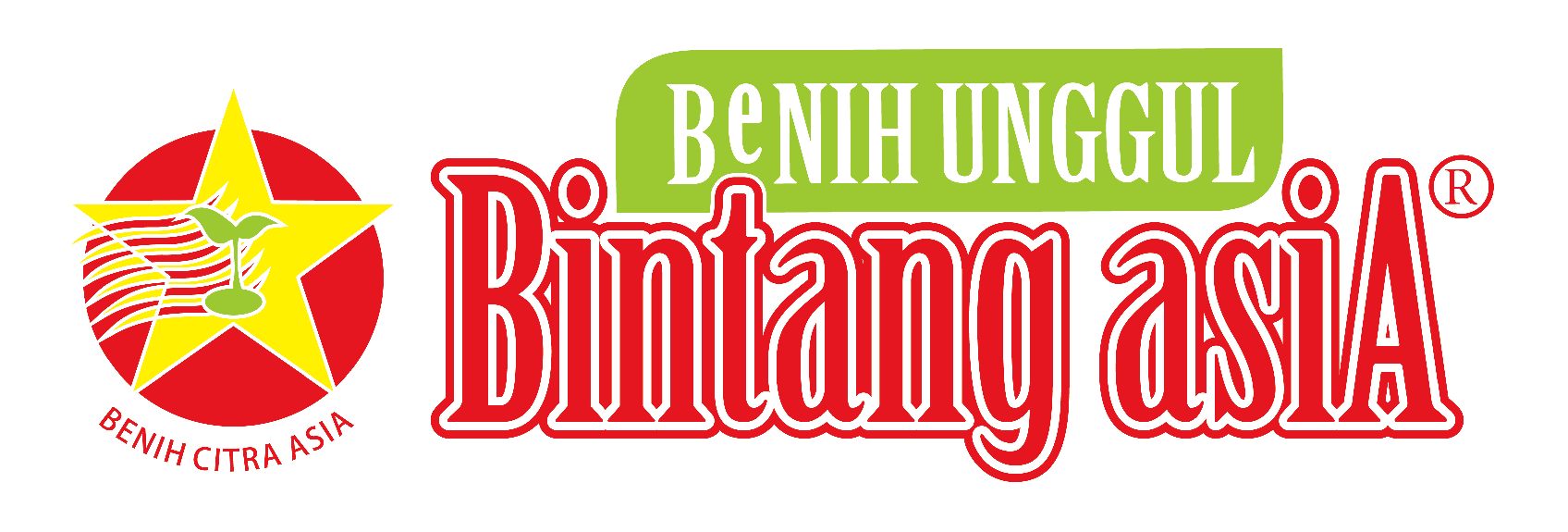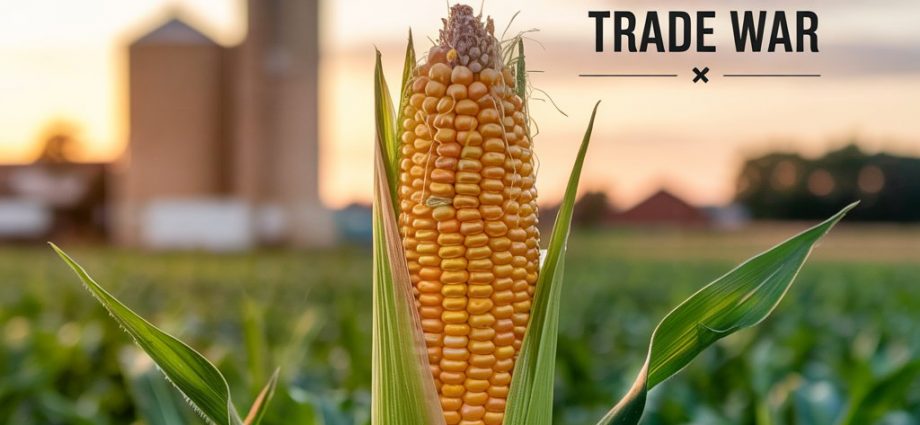The International Trade War and Its Impact on Indonesia’s Agricultural Seed Industry
The global trade war between major economic powers such as the United States, China, and the European Union has affected not only the technology and manufacturing sectors but has also extended into agriculture—including the seed industry. In Indonesia, an agrarian country that relies heavily on a steady supply of seeds to ensure food security, the effects of these global trade conflicts are increasingly evident. What was once a steadily growing seed industry is now facing complex and pressing challenges.
What is a Trade War and How Does It Affect Agriculture?
A trade war occurs when countries impose tariffs, quotas, or other trade barriers against one another to protect their domestic industries. While the goal is to reduce reliance on foreign products, such measures often lead to economic instability and supply chain disruption.
In agriculture, trade wars can result in disrupted seed supply chains, increased import costs, and limited access to high-quality seed varieties from abroad. These impacts can reduce farmer productivity and undermine the competitiveness of Indonesian agricultural products in international markets.
Indonesia’s Seed Industry: Potential and Dependency
Indonesia holds great potential in the seed sector due to its biodiversity and favorable climate for cultivating a wide range of crops. However, the industry still heavily depends on imported seeds, especially for horticultural crops such as chili, tomatoes, and melons.
Many high-yielding seeds are produced by multinational corporations, forcing local farmers and producers to rely on expensive imports. During trade wars, these prices can rise dramatically, or access to these seeds may become restricted entirely.
Impact of the Trade War on Indonesia’s Seed Sector
Rising Costs of Imported Seeds
Trade tariffs between major seed-producing countries like the U.S. and China have caused seed prices to surge. As an importing nation, Indonesia is directly affected by these price fluctuations.
Shortages of High-Quality Seed Varieties
Export restrictions from seed-producing countries may lead to shortages of specific seed varieties, which can significantly lower national agricultural productivity.
Overdependence on Foreign Products
The trade conflict highlights Indonesia’s overreliance on foreign seed technologies and genetic resources. This is a wake-up call for the need to develop domestic seed capabilities.
Opportunities for Local Industry Development
On the upside, the trade war can be a momentum to strengthen Indonesia’s domestic seed industry. Stakeholders can use this challenge as a catalyst to invest in research and development of local seed varieties.
Strategies to Address the Challenges
To mitigate the negative impact of trade wars on the seed industry, Indonesia can adopt several strategic measures:
Enhancing Research and Innovation
Government support is crucial for agricultural research institutions and universities to focus on developing locally adapted, high-quality seed varieties.
Protection of Local Varieties
Policies must be implemented to protect and promote local seed varieties and plant breeders, ensuring they can compete in both domestic and global markets.
Incentives for Local Seed Producers
Financial support, technical training, and streamlined licensing can help local seed producers expand their operations and improve competitiveness.
Diversifying Import Sources
In the short term, diversifying seed import sources can help reduce dependency on any single country affected by trade conflict.
The international trade war has a far-reaching impact across sectors, including Indonesia’s agricultural seed industry. The nation’s dependency on imported seeds has become a critical vulnerability that must be addressed. By investing in local research, supporting domestic producers, and enacting smart policies, Indonesia has the potential to become more self-sufficient in seed production and improve its agricultural resilience and food security.



What an insightful and well-written article! It’s inspiring to read about the progress and challenges of agriculture in Indonesia. The way you highlighted both traditional methods and modern innovations shows a balanced perspective. Indonesia’s agricultural potential is immense, and your piece does a great job of emphasizing its importance for food security, the economy, and rural communities . Update Things